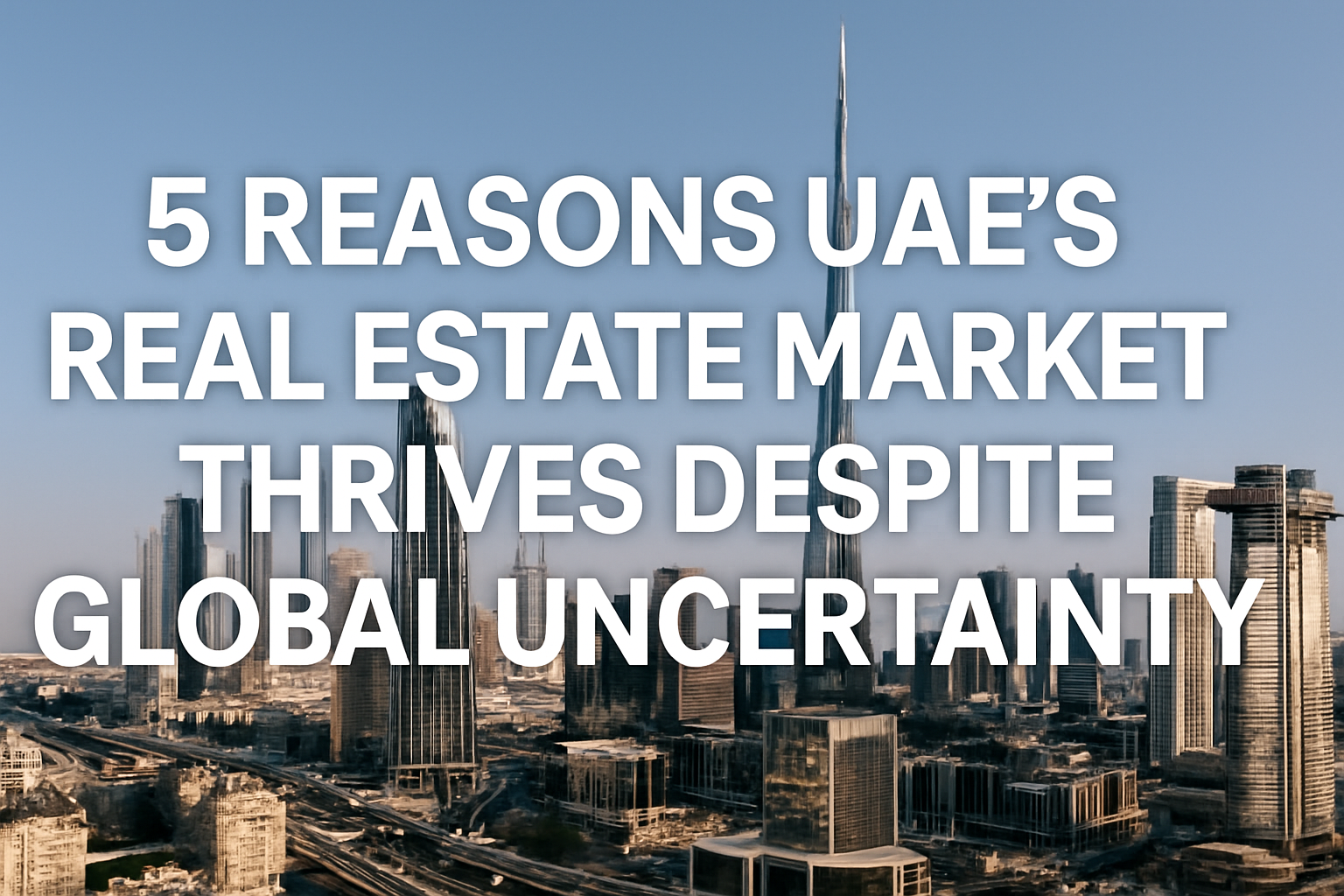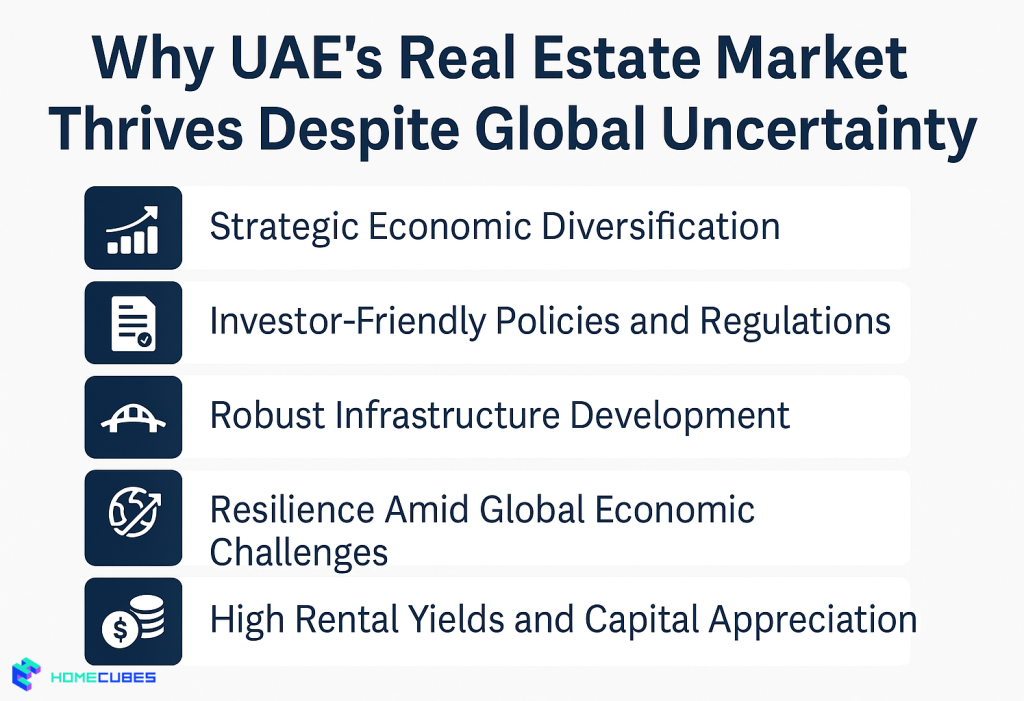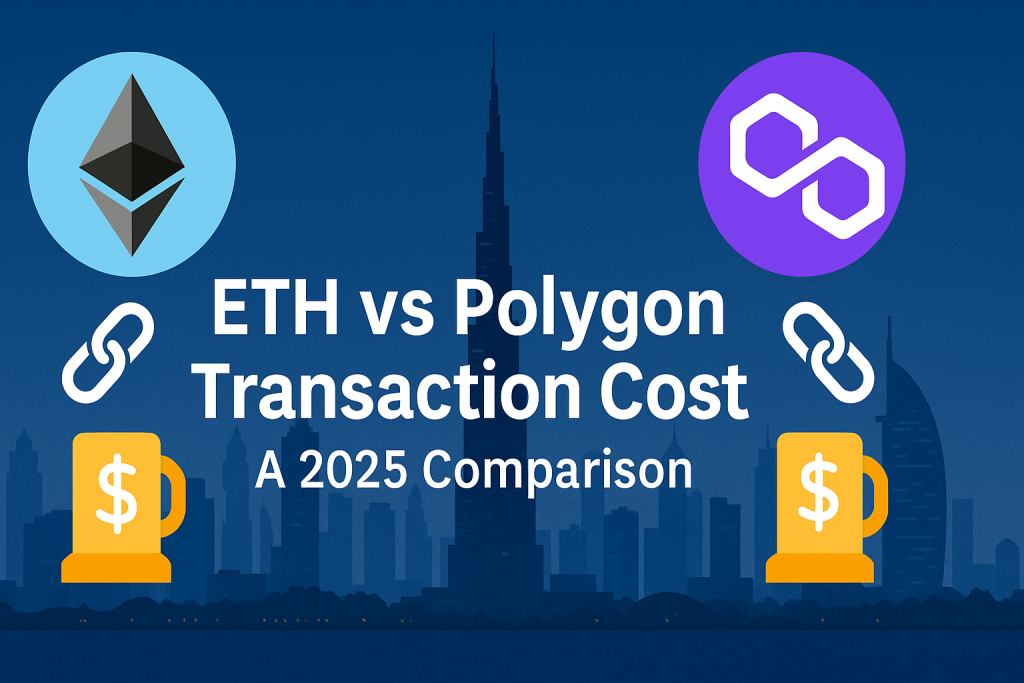

Introduction: A Resilient Market Amid Global Turbulence
In an era marked by economic fluctuations, geopolitical tensions, and shifting investment landscapes, the United Arab Emirates (UAE) stands out as a beacon of stability in the global real estate sector. While many markets grapple with uncertainty, the UAE’s property landscape continues to flourish, attracting investors worldwide. This resilience is not coincidental but the result of strategic initiatives, robust economic policies, and visionary leadership.
Dubai’s real estate sector continues to achieve impressive growth, setting new records in 2024. Over 2.78 million procedures were completed, with real estate transactions alone valued at AED761 billion. The sector also attracted investments of over AED526 billion and welcomed… pic.twitter.com/HVBKJQ4YnO
— Hamdan bin Mohammed (@HamdanMohammed) January 26, 2025
This article delves into the Market Resilience Reasons that underpin the UAE’s thriving real estate market, offering insights into the factors that make it a compelling destination for investors seeking stability and growth.

1. Strategic Economic Diversification
Reducing Dependence on Oil Revenues
Historically reliant on oil, the UAE has proactively diversified its economy to mitigate the risks associated with oil price volatility. Investments in sectors like tourism, aviation, logistics, and technology have lessened the economy’s dependence on hydrocarbons. This diversification has bolstered investor confidence, ensuring that the real estate market remains buoyant even when oil markets fluctuate.
Impact on Real Estate
The growth of non-oil sectors has spurred demand for commercial and residential properties. For instance, the expansion of the tech industry has led to increased demand for office spaces and housing for professionals, thereby sustaining the real estate market’s momentum.
2. Investor-Friendly Policies and Regulations
Streamlined Property Ownership Laws
The UAE government has implemented reforms to attract foreign investment, including allowing 100% foreign ownership in certain sectors and free zones. These policies have made it easier for international investors to enter the market, providing a sense of security and stability.
Introduction of Long-Term Visas
Initiatives like the 10-year Golden Visa and retirement visas have incentivized long-term residency, encouraging expatriates to invest in property. This has led to a surge in demand for residential units, particularly in cities like Dubai and Abu Dhabi.
3. Robust Infrastructure Development
World-Class Urban Planning
The UAE’s commitment to infrastructure development is evident in its world-class transportation systems, smart city initiatives, and sustainable urban planning. Projects like the Dubai Metro expansion and Abu Dhabi’s Vision 2030 plan have enhanced connectivity and livability, making real estate investments more attractive.
Impact on Property Values
Improved infrastructure has a direct correlation with property appreciation. Areas with enhanced accessibility and amenities have witnessed significant increases in property values, offering lucrative returns for investors.
4. Resilience Amid Global Economic Challenges
Stability in Times of Crisis
During global economic downturns, the UAE’s real estate market has demonstrated remarkable resilience. For example, while many markets contracted during the COVID-19 pandemic, the UAE implemented effective measures to stabilize its economy, resulting in a quicker recovery and sustained real estate activity.
Continued Foreign Investment
The country’s reputation as a safe haven has attracted investors seeking stability. Even amid geopolitical tensions and economic uncertainties elsewhere, the UAE continues to draw significant foreign direct investment into its real estate sector.
5. High Rental Yields and Capital Appreciation
Attractive Returns for Investors
The UAE offers some of the highest rental yields globally, particularly in cities like Dubai, where yields can range between 5% to 9%. This, combined with the potential for capital appreciation, makes the market highly appealing to both institutional and individual investors.
Diverse Investment Opportunities
From luxury villas to affordable apartments, the UAE’s real estate market caters to a broad spectrum of investors. The availability of various property types allows investors to diversify their portfolios and mitigate risks.
Future Outlook: Sustained Momentum in a Volatile World
As we move further into 2025 and beyond, the UAE’s real estate market is not just maintaining stability—it is actively evolving to meet the demands of a changing world. Multiple forward-looking developments are contributing to this momentum:
Rise of Real Estate Tokenization
The UAE is at the forefront of real estate tokenization, a process that converts physical property into blockchain-based digital tokens. This democratizes access to property ownership and provides liquidity for traditionally illiquid assets. With regulatory bodies like VARA setting global precedents, tokenized real estate is expected to attract tech-savvy investors, especially younger demographics seeking entry at lower thresholds. In order to succeed in the UAE real estate market, it is essential to understand fractional and shared property ownership in Dubai and UAE, as it is becoming the future trend.
Integration of Sustainable Building Practices
Developers across the Emirates are incorporating green design principles into new projects in order to take steps to backing UAE’s real estate zero-emission projects. This includes:
- Net-zero energy buildings
- Use of recyclable construction materials
- Wastewater treatment and reuse systems
- EV charging infrastructure
Such practices are not only aligned with Gen Z and millennial values but also lower operational costs, making these properties more attractive to renters and buyers alike.
Government Initiatives Supporting Long-Term Demand
Programs like the “We the UAE 2031” vision, Dubai Economic Agenda (D33), and Abu Dhabi Industrial Strategy ensure long-term investor confidence. These initiatives aim to double the UAE economy, attract AED 700 billion in FDI by 2031, and improve livability across all Emirates.
Increased Demand from Remote Workers and Global Entrepreneurs
Visa reforms allowing remote workers and startup founders to live and operate from the UAE are generating housing demand outside traditional zones like Downtown Dubai. Areas such as Dubai South, Aljada (Sharjah), and Reem Island (Abu Dhabi) are evolving into new property hotspots, supporting a diversified investor base and long-term housing demand.
Tourism and Hospitality Integration
The alignment of real estate with tourism—especially through branded residences, hotel-apartment hybrids, and co-living models—is creating hybrid investment opportunities. As the UAE expects over 40 million annual visitors by 2031, real estate products that cater to short-term stays and long-stay tourism will command strong yields.
Conclusion: A Market Poised for Long-Term Growth
The UAE’s real estate market stands as a case study in strategic resilience. Through careful planning, regulatory agility, and future-oriented infrastructure development, it has not only weathered global shocks but also used them as catalysts for innovation and transformation.
Reinforced by Five Pillars of Resilience:
- Economic Diversification ensures the market is not reliant on oil cycles.
- Investor-Centric Policies attract global capital with legal safeguards.
- Infrastructure and Urban Planning provide long-term asset appreciation.
- Crisis Management and adaptability protect investor returns.
- High Rental and Capital Yields offer steady income and portfolio growth.
Beyond these pillars, what sets the UAE apart is its ability to anticipate trends—from tokenization and ESG-driven real estate to digital land registries and cross-border PropTech platforms. These innovations reflect the nation’s commitment to building a real estate ecosystem that is global, inclusive, and resilient.
For investors seeking a safe haven with upside potential, the UAE continues to outperform. Whether you are a first-time buyer, a global property investor, or an institution looking to diversify, the UAE remains one of the most strategically advantageous markets to invest in real estate in 2025 and beyond.
🏢 Explore Innovative Real Estate Investment with Homecubes
At Homecubes, we’re committed to providing forward-thinking investment solutions in the UAE’s dynamic real estate market. Our platform is designed to offer seamless access to prime property investments, leveraging technology and market insights to empower investors.
Please note: Homecubes is currently awaiting regulatory approval from the Virtual Assets Regulatory Authority (VARA) and is not offering investment services at this time.
📩 Stay Informed: Contact us to receive updates on our platform launch and learn how Homecubes plans to redefine real estate investment in the UAE.









